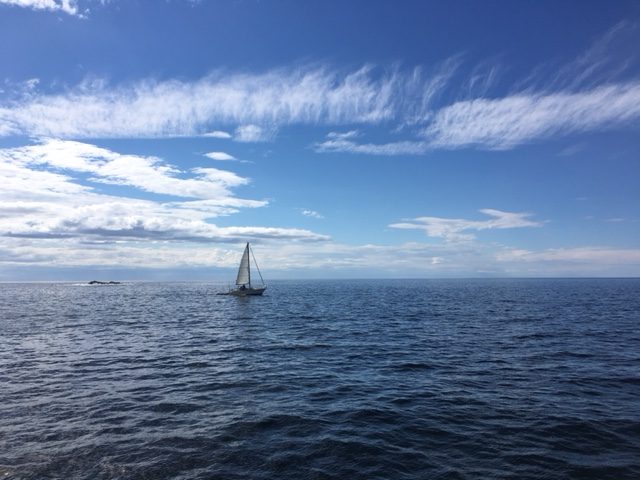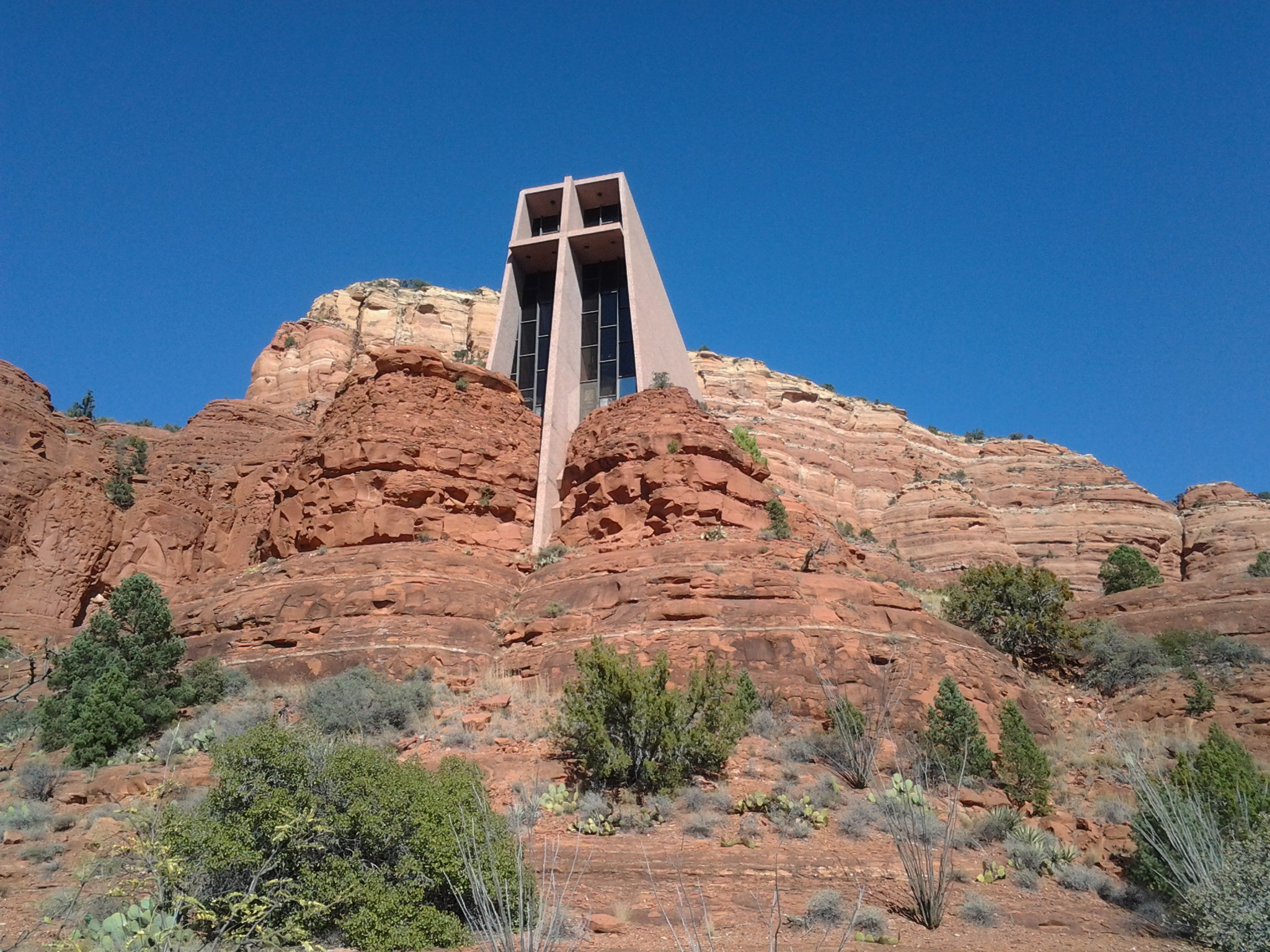
(To gain a further understanding of the meditation that follows, a reading of the suggested scriptures will be most helpful. Also, a study of the Editorial Notes at the end of the post may prove to be beneficial)
Matthew 27: 57 – 66 He rolled a big stone in
front of the entrance to
the tomb and went away
Psalm 31:8 You ( Lord) have not handed me
over to the enemy but have set my feet in a spacious place.(1)
Nostalgic feelings may run deep for some who recall the old song, “Don’t Fence Me In.” This song, incidentally, The Western Writers Of America, chose as one of the top 100 songs of all times. Now I do not claim expertise in any way concerning Western music. However, I am intrigued by the idea that this particular genre captures the idiosyncrasies of everyday living. There is something compelling about this song title, and the longing for the freedom it propitiates.
“Oh, give me land, lots of land under starry skies above
Don’t fence me in
Let me ride through the wide open country that I love
Don’t fence me in
Let me be by myself in the evenin’ breeze
And listen to the murmur of the cottonwood trees
Send me off forever but I ask you please
Don’t fence me in!” (2)
Who doesn’t have memories of longing to be a friend of the West wind, that effortlessly climbs the highest mountains and goes laughing down into the valleys below? Or to be as uninhibited in seeking adventure as a river that explores every inlet and cove on its way to the sea? But there can never be for any human, freedom without responsibility! It is not at all unheard of to meet people who regret that there were not more fences in their past, to retard their progress towards heart-ache and sorrow. Too much freedom, and too little effort to be responsible, yields in emptiness and heartbreak.
Today’s promotion of a secular society, with its misrepresentation of freedom, as license to abolish long held mores, and engage in selfish and seductive behavior, is a tragedy of no small proportion. If we are ever to promote a sobering discussion about freedom and responsibility, it is in this hour. The abuse of opioids causing addiction, overdose, and death is reaching near tsunamic proportions. And yet, at this critical juncture, some government leaders are determined to legalize a substance that may well be a start-up drug, leading to more destructive behavior. There are millions the world over who find themselves restricted, confined, imprisoned, and in far too many cases, on the verge of death, because their one demand in this life continues to be “Don’t fence me in.”
The Bible, from Genesis to Revelation is the epic quest of the human race for Freedom. From the journeying of Abraham of Ur to destinies unknown, and his nephew Lot’s fatal decision to live in Sodom; to Moses demands to the Egyptian Pharaoh, ” Let my people go,” there echoes everywhere the desire for freedom! Throughout the New Testament, in the life and death and resurrection of Jesus; all events moving towards the final consummation of the ages in Revelation, the clarion note that is sounding everywhere, is the promise of ultimate and everlasting freedom.
The ill-advised attempts to establish lasting freedom among nations have brought the world to the doorstep of annihilation many times.
Three factors characterize human existence: a person’s freedom, a person’s responsibility, and a person’s spirituality. Almost from the first day following birth, a child begins to exercise his rites of freedom! The infant is free now to demand the rite of sustenance and is free to announce that his expectations must have a suitable and an immediate response. Many of the freedoms previously enjoyed by the parents take on a new design. Parents must now undertake the onerous mission of teaching their helpless little one to gain their freedom. Every act towards the accomplishment of some sign of independence by the child, calls for a celebration, and perhaps some slight tweaking of the observed freedoms.
We fondly recall the day our firstborn set out on her own to make what must have looked like an endless journey from my arms to her mother’s outstretched arms, a yard or so away. With a glowing face and eyes that outshone diamonds, she began the marathon. She held on with high concentration to the straps on the rompers she was wearing, and enjoying the taste of freedom; there was no stopping her now.
It now becomes the responsibility of the parents to teach their little ones that freedom requires something more to keep them safe, than the limited resources at hand at any crucial moment of need. The child must eventually learn to be aware of impending dangers and to develop the safeguards that will direct their destiny.
There is a third factor that contributes largely to our classification as a human being. The most important factor of all is an individual’s spirituality! The accurate measure of personal freedom, in the end, is the measure of private devotion to God. And subsequently, one’s commitment to God provides the strong impetus to act responsibly, so that all people everywhere may live in such a way as to be “Something beautiful for God.”(3)
The words of Psalm 31 quoted above are inspiring because they are incredibly relevant in our present milieu. The author of these words discovers the restricting barriers in his life that have shut him in with formidable destructive forces. The barriers, to some degree, are the end products of too much ill-considered freedom and a free abandonment of responsibility. Even so, it is the discovery of his spiritual factor that enables him to show an image of a complete human being! Hear once more the exuberant outburst of his reclaimed hope.” You (God), You have not handed me over to the enemy, but you have set my feet in a spacious place.” (Ps.31)
I do not fear being ‘fenced in’ in this world, as long as I know that God, through Jesus Christ is “fenced in’ with me! Therein is Victory and therein is Freedom.
A Prayer To Follow This Meditation
Father, we want to lend our voices to any who have forgotten how to talk to You, or perhaps have never been taught. This world is far too complicated a place to succeed in any attempt to go it alone! Therefore, we want to offer our voice to them, so that they may know the fulfillment of this incredible promise: ” Ask, and it shall be given unto you.”(Matthew 7: 7)
Father, forgive me for paying too much attention to the views of people purported to be wise when it is their ignorance that permits them to boast that they do not even believe in You. But Father, You show us that their views never provide the triumph of light over the darkness, And their deceptive charade of a self-created, loving fellowship to replace the Church of Jesus Christ is simply evil. Please give to me courage to stand up for the hard right against the easy wrong. Give to me that astute wisdom to know that only faith and trust in You through Jesus Christ, will accomplish Your Holy intention for the human race and change the world. In the Name of Christ, Who walks beside me I offer this Prayer. Amen
Hymn: He Hideth My Soul
<iframe width=”560″ height=”315″ src=”https://www.youtube.com/embed/cO_JM-QaDf8″ frameborder=”0″ allowfullscreen></iframe>
Editorial Notes
1. Here and throughout the text of this meditation, the quotations from the Holy Bible are from The New International Translation.
2. Don’t Fence Me In
http://www.metrolyrics.com/dont-fence-me-in-lyrics-bing-crosby.htmlng: “Don’t Fence Me In”
3 “ Something Beautiful For God
MotherTeresa: Of Calcutta”
https://www.barnesandnoble.com/w/something-beautiful-for-god-malcolm-muggeridge/1110870854
https://www.goodreads.com/book/show/850617.Something_Beautiful_for_God
4. Photo: Brigus, Conception Bay. Newfoundland.

 5.
5. ( To gain a further understanding of the meditation that follows, a reading of the suggested scriptures will be most helpful)
( To gain a further understanding of the meditation that follows, a reading of the suggested scriptures will be most helpful)


